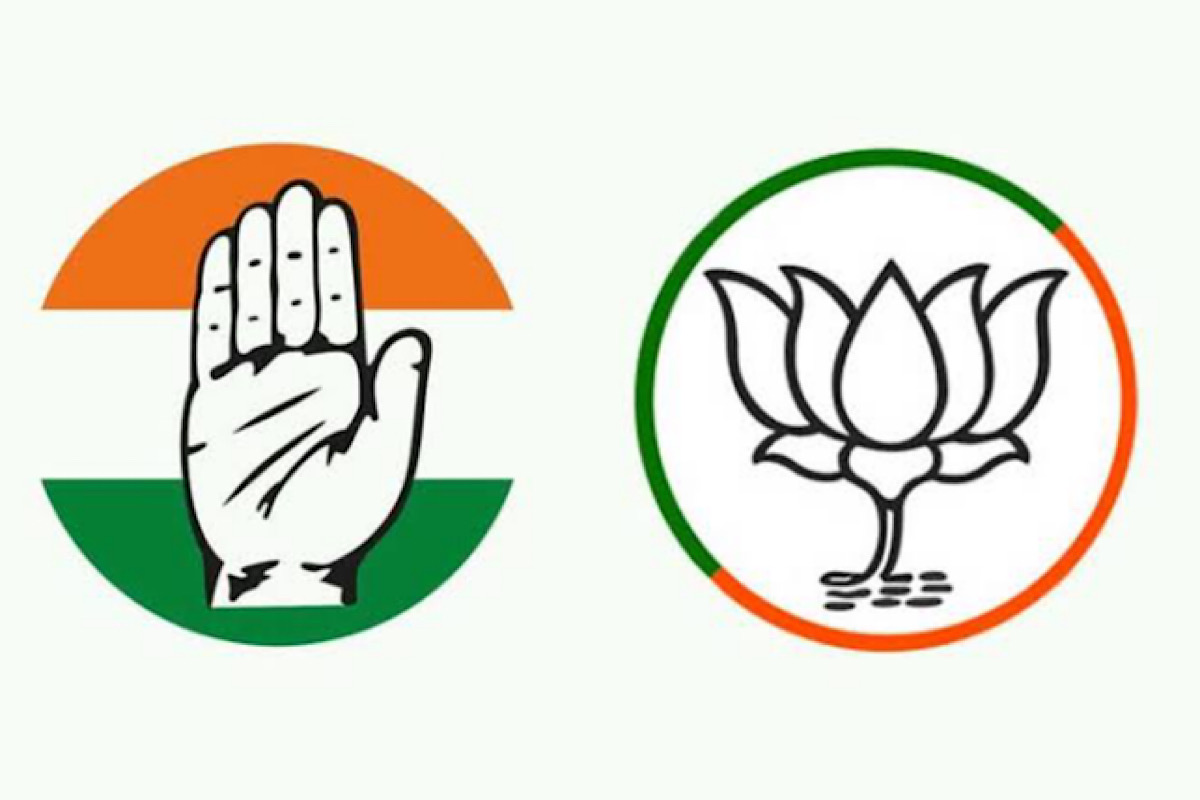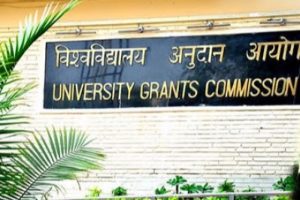The ruling BJP has already claimed victory amid the ongoing Lok Sabha elections. The current polls are crucial and significant in shaping our nation’s future. The subsequent four phases, each lasting a week, are scheduled for May 13, 20, 25, and June 1. These phases are crucial as they cover different regions of the country.
According to recent opinion polls, Prime Minister Narendra Modi is predicted to secure an unprecedented third-term win in these elections. BJP leaders, including Mr Modi, claim the National Democratic Alliance (NDA), led by the BJP, will surpass 400 seats, a significant majority in the 543-member Lok Sabha. Home Minister Amit Shah claims the NDA will secure 200 of the 283 seats in the first three phases alone, indicating the party’s confidence in the early stages of the election. Only once did the Congress party manage to win over 400 seats – following Indira Gandhi’s assassination in 1984.
Advertisement
The ruling party is trying to strengthen its Hindu base. However, there is no clear wave of support for either side. The political players need a game-changing strategy to tilt the balance in their favour. To gain an advantage, the BJP has implemented four key strategies: � Celebrity candidates fighting polls
� Appealing to minority groups.
� Exploiting redrawn boundaries to strengthen the Hindu vote in areas controlled by the opposition.
� Projecting the Modi magic.
The Congress and its allies are making a strategic move, attempting to consolidate the Hindu subaltern. The initial stages of the election have witnessed a significant decrease in voter participation compared to previous years. As the election progresses, the focus will shift to whether voter turnout can recover or continue to decline. This underscores the crucial role of every voter in shaping the election results. This trend of declining voter engagement could significantly impact the election results. The Election Commission of India (ECI) is disappointed with the turnout in some metropolitan cities. It points to the rigid voter apathy in high-tech cities.
Last month, ECI assembled many metro commissioners in Delhi to work out a strategy to fight urban apathy. Heat in parts of India could also reduce election turnout. Yet low turnout doesn’t always hurt the ruling party; local issues can influence the outcome. The BJP is not resting on its laurels and aims for significant electoral gains in states like West Bengal, Odisha, Telangana, Andhra Pradesh, Tamil Nadu, and Kerala. The party focuses on countering the ruling Trinamool Congress’s dominance in West Bengal. In Odisha, it is trying to make inroads into the Biju Janata Dal’s stronghold.
In Telangana and Andhra Pradesh, the BJP aims to increase its vote share and win more seats. The party seeks to expand its vote share significantly in Tamil Nadu and Kerala. However, the role of regional allies in these states remains uncertain, which could undermine the BJP’s prospects. During a campaign rally, Congress leader Rahul Gandhi emphasised his role was spreading political activism. He told Reuters that results can never be predicted. Congress President Mallikharjun Kharge, in a post on X, remarked in Hindi, “The times are changing. Friends are no longer friends! After completing three phases of elections, today the prime minister has started attacking his friends. It is becoming clear that Modiji’s chair is shaking.
This is the real trend of the results.” Samajwadi Party chief Akhilesh Yadav tweeted, “After the first two phases of voting, the condition of the BJP will be worse in the next phases.” The reason people are not voting in the BJP’s favour is because of inflation and unemployment, Yadav claimed. The Congress strategy intensely focuses on social welfare and economic empowerment. It comprehensively explains the party’s policy priorities in the ongoing elections. The Congress’ main challenge is to keep its ‘flock’ together and deal with rebels. Since Modi took power in 2014, more than 8,000 politicians from Congress and other parties, including prominent state leaders, have defected to the BJP. The BJP has given tickets to some of them. How voters treat these turncoats remains to be seen. Internal disputes are one of the critical issues plaguing Congress today.
There are allegations that some leaders have close connections with rival parties, which raises questions about their loyalty. Between 2016 and 2020, 170 Congress MLAs and 7 Rajya Sabha members switched parties, impacting Indian politics. Notably, Congress spokespersons who joined the BJP now speak for their former adversary. The recent confusion in Indore, Surat, and Banswara indicates a lack of clarity, planning, and control within the Congress. The satta bazaar predicts the BJP’s chances of winning 330-335 seats at Re. 1, 350 at Rs. 3, and 400 at Rs. 12-15. The odds for the NDA to get 400 seats are Rs. 4-5. India’s stock benchmarks fell by 1.5 per cent last Tuesday as investors cut their bets, expressing concern that the BJP may not get as many seats as projected in the general election. On June 4, the voters will decide the winner.











